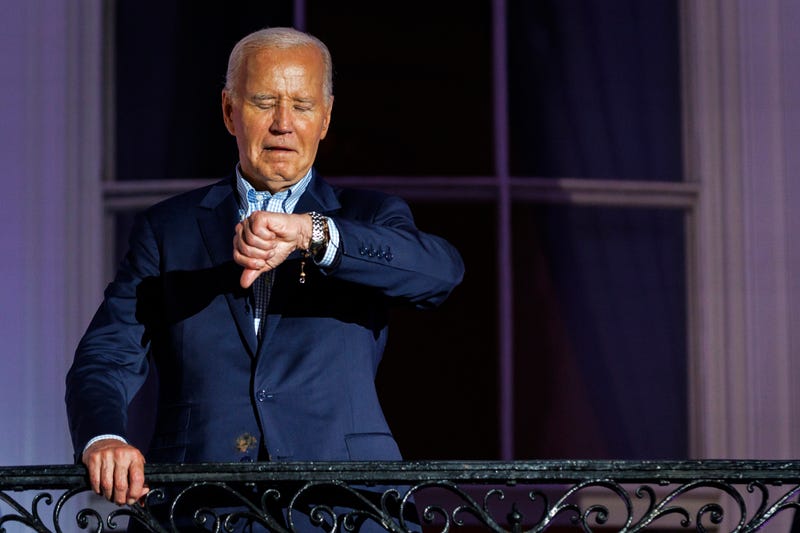
In what is being referred to by some as ‘a series of epic 11th-hour moves’, President Biden has banned offshore drilling across a major swath of the United States.
Biden is doing this just before leaving office in a mandate that Trump will have an extremely tough time trying to undo going forward. There are only a couple of weeks left in Biden’s time in the White House, but the current president has taken some last-minute measures on climate change that will include banning offshore oil & gas drilling in most federal waters.
Greg Upton is the Executive Director & Associate Professor of Research at the Center for Energy Studies with LSU and says, “When you think about President Biden’s agenda in terms of oil and gas production … really from the very beginning of his presidency, he’s tried to slow the rate at which the United States has done offshore oil leasing. That includes leasing of federal lands onshore as well,” Upton illustrates.
He goes on to add that some companies have said that, while offshore leasing has continued, perhaps a different administration would have done more leasing than the Biden administration. “With the Trump administration now coming in, of course, the policy is very different. Trump wants to expand energy production in the United States, which would of course expand leasing of both offshore and onshore lands under that federal jurisdiction,” notes Upton. “So, what we’re seeing the Biden administration do is taking actions today in order to make it more difficult for the next administration to come in and expand that leasing that’s likely to occur during the incoming administration,” he adds.
The move will cover more than 625 million acres of water off the entire Atlantic coast as well as portions of the eastern Gulf of Mexico.
Additionally, areas of the Bering Sea off of Alaska and the Pacific coast of California, Oregon, and Washington will be affected by the ban. Most of the nation’s oil drilling happens along the Gulf Coast in the waters of The Gulf of Mexico.
Biden’s directive does not apply to large portions of the Gulf of Mexico, which is a move Upton says is significant. “The short-term impact of these policies affecting leasing is probably very, very small … if not zero. The reason for that is, if you think about offshore oil and gas production, it takes around a decade of investment in order to actually bring a field to actual production,” Upton points out.
“You have to do the leasing … then, after the leasing, you have to do the research, then drilling the wells and IF they’re productive, building out the infrastructure. So, in the short term, I don’t think this move will have very much impact. I think the more interesting question is really the long-term policy question of: Do we really want to expand this energy production? In the long run, if you restrict the supply of oil and gas through federal policies of restricting leasing of these areas, that can impact consumers through higher prices as well as less economic activity generated from producing that oil and gas,” adds Upton.
Biden said in a statement “My decision reflects what coastal communities, businesses, and beachgoers have known for a long time: that drilling off these coasts could cause irreversible damage to places we hold dear and is unnecessary to meet our nation’s energy needs. It is not worth the risks.”
Greg Upton is quick to point out that this measure only impacts areas of potential NEW leasing. That would mean current areas that are actively producing will not be impacted by Biden’s move. Upton does add that the legalities of such moves are yet to be seen and are likely to be contested in the courts going forward.
“I don’t see anything on this policy action today that would impact current leases or areas that are currently eligible for leasing. Of course, we will see what the Trump administration does in a few years and how this affects their ability to expand leasing. But, in terms of current companies currently producing oil and gas out of the Gulf of Mexico, this really won’t impact them directly in the short term at least.” Upton goes on to say.
